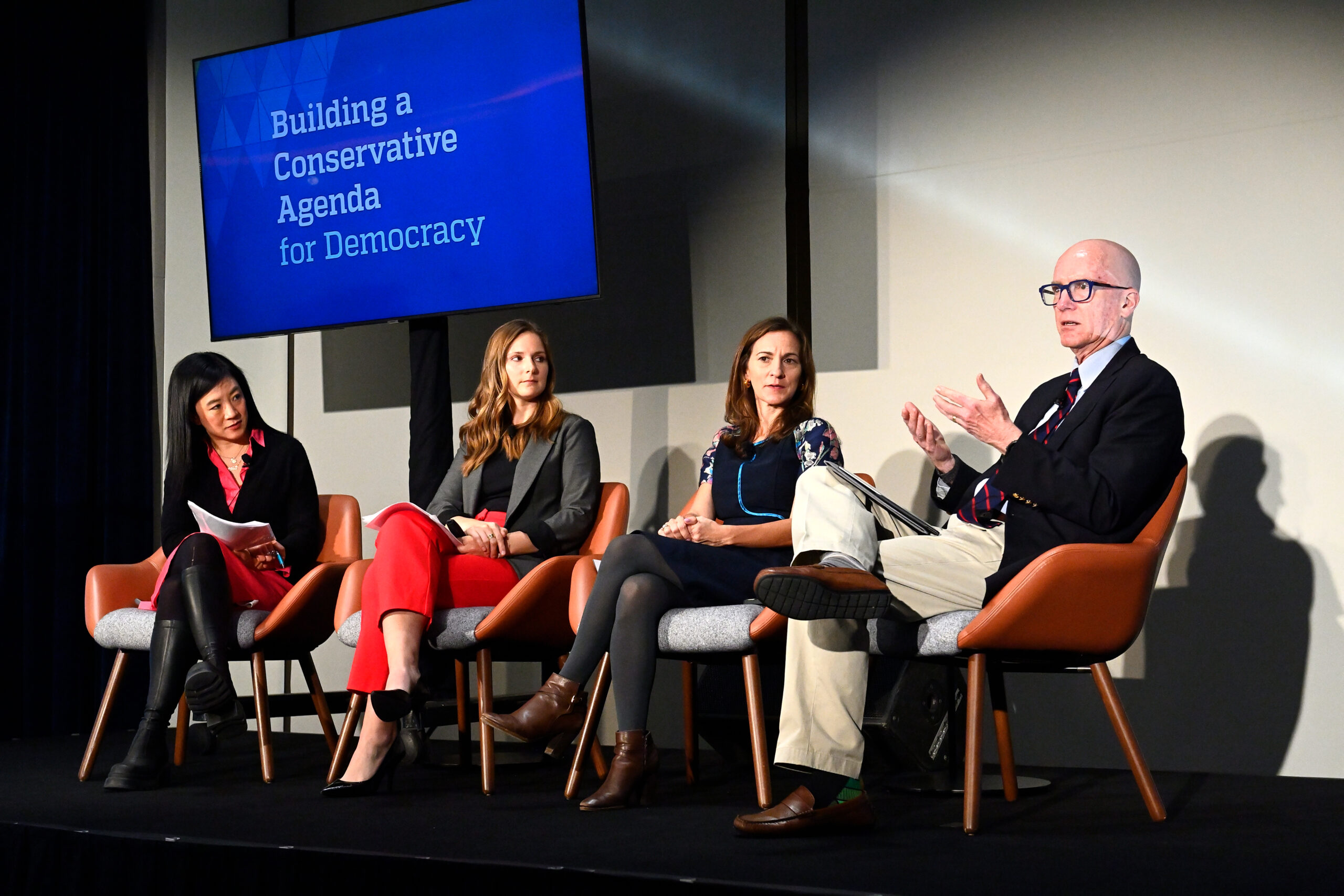Three (GOP-inspired) steps to rebuild trust in elections
Georgia Secretary of State Brad Raffensperger and other Republican leaders lay out what needs to happen before the 2024 election

Only 40% of Republicans said they were very or somewhat confident in the accuracy of U.S. elections, according to a new Gallup poll, down from a high of 90% in 2006.
A coalition of Republican state election officials is urging states to act now to rebuild at least some trust before the 2024 presidential election.
“Our democracy cannot hold if its citizens do not trust that elections accurately reflect the will of the people,” Georgia Secretary of State Brad Raffensperger, who oversaw the state’s tightly contested 2020 election, said in a joint statement with Idaho Secretary of State Phil McGrane, Kansas Secretary of State Scott Schwab, and Utah Lt. Gov. Deidre Henderson.
The political leaders joined with Johns Hopkins University’s SNF Agora Institute and The R Street Institute, a conservative think tank, to develop three principles to boost confidence in election systems:
1. Publicly affirm the security and integrity of elections across the U.S. and avoiding fueling doubt about elections in other jurisdictions.
The Gallup poll found that both Republicans and Democrats express more trust in their states’ ability to administer fair and accurate elections than that of other states.
It’s a position that election officials occasionally mirror, Kim Wyman, a senior fellow at the Bipartisan Policy Center and Washington’s former secretary of state, said at a convening held Nov. 8 at the Johns Hopkins University Bloomberg Center.
Wyman urged leaders who hear from people questioning elections in other jurisdictions to provide assurance that all entities run secure elections, even if they have different processes.
When talking with a naysayer, she recommended saying something like, “I don’t know all of the laws in the state that you’re alleging has problems. … What I can tell you is their state legislature made laws that are different than ours, but the same basic principles are in place.”
2. Use transparency and public outreach to reassure voters of election integrity.
After Amelia Powers Gardner was elected Utah County clerk/auditor in 2019, she focused on making the election process more transparent. She went so far as to tear down walls to install windows in the office so residents could watch votes being counted. That transparency—both literal and figurative—helped restore faith in an institution the governor previously called the “epicenter of dysfunction.”
Similarly, Wyman encouraged officials to meet with community leaders to talk about election protocols as a way of building trust.
3. Champion policy changes that can help build trust in the elections system.
Officials at the convening encouraged leaders to embrace a “spirit of continuous improvement” when it comes to administering elections, rather than waiting for a crisis to make change.
Reforms to consider include pre-processing absentee ballots, using paper ballots, and enacting voter ID laws.
“Every election is a learning opportunity,” Wyman said. “It’s always about constant improvement.”